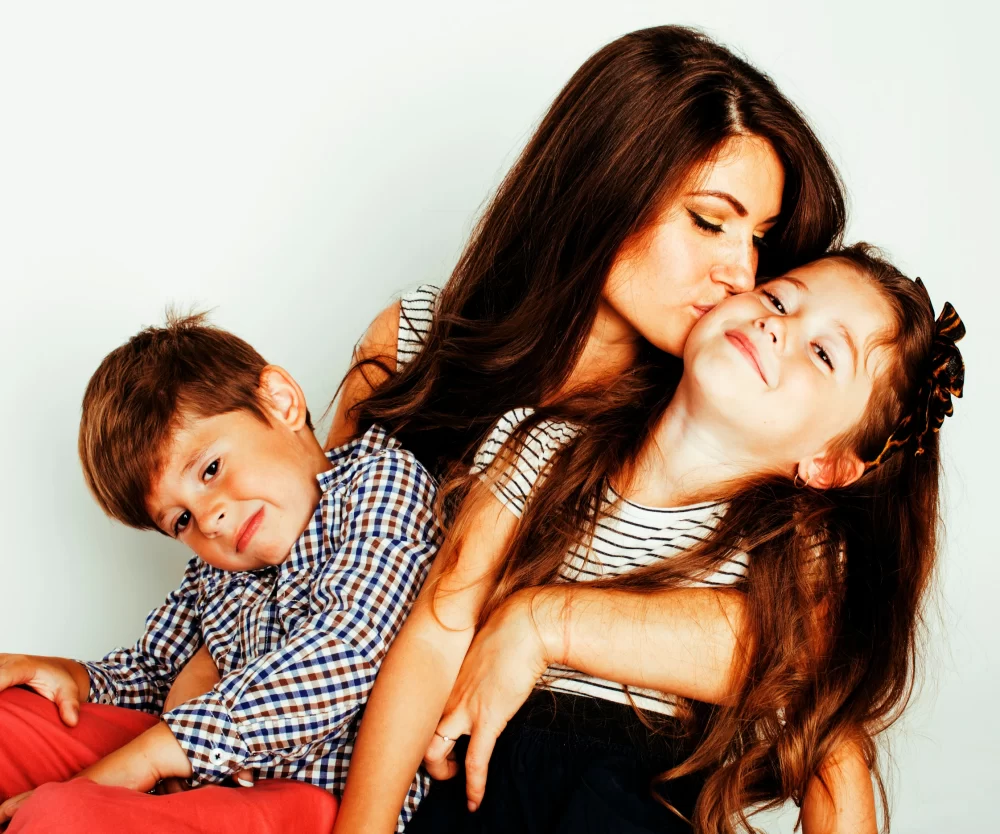Becoming a parent is often idealized as a journey filled with love and joy. However, for some, this journey can unexpectedly turn from a dream into a nightmare. While it’s a sensitive topic, it’s important to acknowledge and understand these struggles. Here are ten reasons why some parents might regret having children.
1. Loss of Personal Freedom
The arrival of a child dramatically alters a parent’s lifestyle. Suddenly, spontaneous outings and personal hobbies become a thing of the past, replaced by a strict schedule revolving around the child’s needs. This loss of freedom can be jarring, leading some to mourn their pre-parental lives. Moreover, the constant need for childcare can make parents feel trapped in their own home. The realization that this is a long-term commitment can sometimes be overwhelming.
2. Financial Strain
Raising a child is incredibly expensive. From diapers to education, the costs can quickly accumulate, causing significant financial stress. This strain is felt even more in countries without substantial parental support systems. Many parents find themselves working longer hours or multiple jobs just to make ends meet, leading to exhaustion and frustration. The financial burden can also limit other life experiences, such as travel or purchasing a home.
3. Relationship Challenges
Children can put a strain on even the strongest relationships. The lack of time for each other, coupled with sleep deprivation and financial worries, can lead to increased arguments and disconnect. Many couples struggle to maintain their romantic connection amid the chaos of parenting. The shift from being partners to co-parents can be difficult to navigate. In some cases, the relationship deteriorates to the point where it negatively impacts the entire family dynamic.
4. Career Sacrifices
Parenting often requires career compromises, especially for mothers. Many face a setback in their career progression due to maternity leave or the need to work part-time. This can lead to feelings of regret, as their professional aspirations take a back seat. The workplace can be unsympathetic to the demands of parenthood, causing additional stress. For those who are career-driven, the sacrifice can be a significant source of resentment.
5. Constant Worry and Anxiety
Parenthood introduces a new level of worry and anxiety. Concerns about the child’s health, education, and overall well-being can be consuming. This constant state of worry can lead to mental health issues like anxiety and depression. The responsibility of shaping a child’s future is immense and can be overwhelming. Some parents regret the perpetual state of concern that comes with having children.
6. Impact on Social Life
Having children often means a drastic change in one’s social life. Nights out with friends become rare, and social interactions often revolve around children and their activities. This can lead to feelings of isolation and loneliness. Parents might find themselves drifting away from childless friends who can’t relate to their new lifestyle. Rebuilding a social life that accommodates parenting can be a challenging and sometimes disheartening task.
7. Sleep Deprivation
The impact of chronic sleep deprivation cannot be overstated. It affects physical health, mental well-being, and the ability to function effectively. For many parents, particularly in the early years, sleepless nights are a common occurrence. This exhaustion can lead to irritability, poor decision-making, and even resentment towards the child. The dream of a peaceful family life is often shattered by the reality of constant fatigue.
8. Loss of Identity
Many parents, especially mothers, report feeling a loss of identity after having children. Their lives become so intertwined with their role as a parent that they feel they’ve lost a sense of who they are. This can lead to a deep sense of regret and sadness. Rediscovering personal interests and passions becomes a difficult task amidst the demands of parenting. The struggle to maintain a sense of self can be a significant source of discontent.
9. Unrealistic Expectations
Society often paints an idealized picture of parenthood, setting unrealistic expectations. When reality falls short of these fantasies, it can lead to disappointment and regret. The daily grind of parenting is often far from the glorified images portrayed in media. Parents may feel cheated out of the experience they were promised, leading to feelings of disillusionment.
10. Difficulty in Raising Children
Raising children is not just about nurturing; it’s about dealing with a range of challenging behaviors and developmental stages. Some parents are unprepared for the difficulties that come with this, such as handling tantrums, rebellious phases, or learning disabilities. The constant challenges can be draining, both emotionally and physically. The difficulty in managing these aspects of parenting can sometimes lead to regret.
Acknowledge
While parenting can be a fulfilling experience, it’s important to acknowledge the challenges and struggles that come with it. Understanding these reasons can foster a more realistic view of parenthood and provide better support for those who need it.
Tamila McDonald is a U.S. Army veteran with 20 years of service, including five years as a military financial advisor. After retiring from the Army, she spent eight years as an AFCPE-certified personal financial advisor for wounded warriors and their families. Now she writes about personal finance and benefits programs for numerous financial websites.











